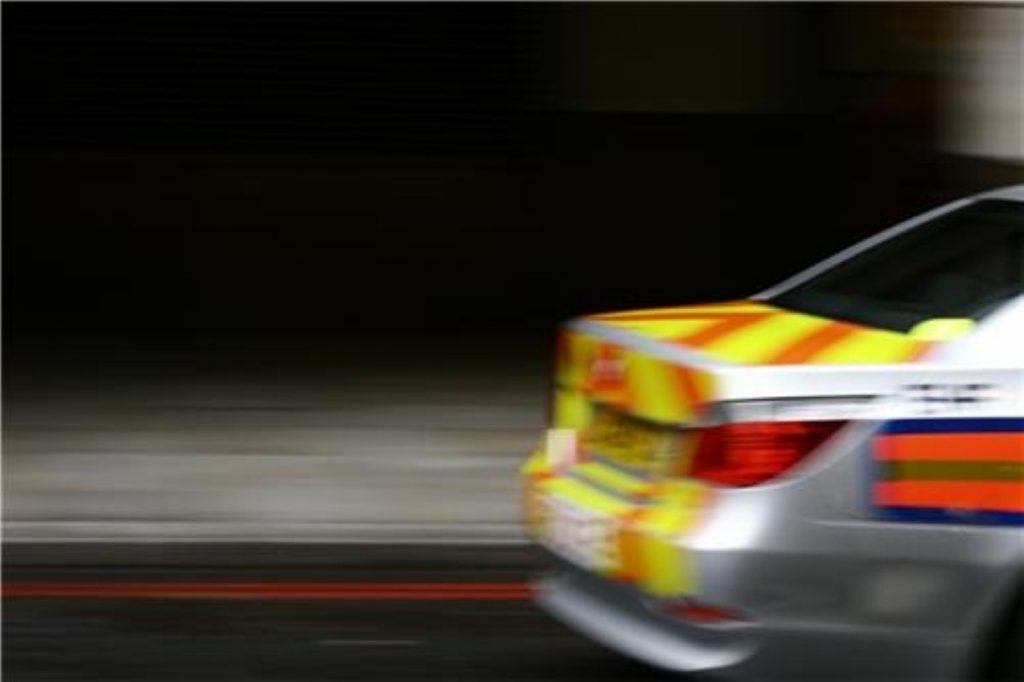Police test roadside fingerprinting
Motorists in ten areas across the country could have their fingerprints taken and read by police at the roadside as part of a new trial beginning today.
Project Lantern, which is being launched in Luton in Bedfordshire, aims to speed up the checks on suspects for motoring offences and could save more than £2.2 million a year.
Currently, about 60 per cent of drivers stopped do not give their real identity, but a new hand-held electronic fingerprint reader would allow officers to check someone’s profile against a national database within five minutes.
It scans a person’s index fingers and sends an encrypted wireless transmission to the database, which holds about 6.5 million fingerprints, to identify possible matches.


“This trial represents an important step forward in our commitment to ensuring we have an effective and efficient police service fully equipped for the challenges of modern policing,” said police minister Tony McNulty.
“The new technology will speed up the time it takes for police to identify individuals at the roadside, enabling them to spend more time on the frontline and reducing any inconvenience for innocent members of the public.”
Under current proposals, which will be rolled out to nine other police forces including London in the next two months, motorists would be able to choose whether to give their fingerprints to police officers.
However, civil liberties groups have already expressed concern that if the trials are rolled out nationally, the law could be changed to make it compulsory. There are also fears that prints may be kept on the national database whether someone is guilty or not.
The first forces to use the new fingerprint readers would be those working in the automatic number plate recognition teams. They look for “vehicles of interest” which may have been used in crimes, are unsafe or uninsured.
As well as in Bedfordshire, the trials will be carried out by the British Transport Police, the Metropolitan police, and in Essex, Hertfordshire, Lancashire, North Wales, Northamptonshire, West Midlands and West Yorkshire.









